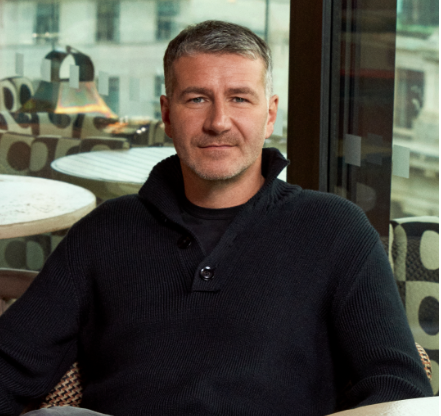Soho House chief: The costs of being a public company currently outweigh the benefits

The chief executive of Soho House has revealed the difficulty he has faced as the leader of a public company amid criticism from a short-selling group that suggested the exclusive members club should return to the private market.

Andrew Carnie, who has headed the firm for the past two years, told shareholders today he debated “for some time whether Soho House should be a public company”.
The business officially floated in New York in July 2021, with a market value of $2.5bn (£1.9bn).
Last month, short seller Glasshouse Research launched a stinging report that claimed the firm was heading the way of collapsed property-cum-tech firm Wework.
At the time, Soho House said it “fundamentally” rejected the allegations” in the report, which were designed to “adversely impact the company’s stock price for the benefit of the short-seller.”
However, the company’s reputation was bruised by the report.
Carine said today he believed the market would “reward growth” when it went public three years ago.
He said: “But it seemed to quickly switch to rewarding free cash flow and profit over our top-line growth. So at this point in time we have all the costs of being a public company with few benefits.”
“The recent negative write up caused the company to have an outside audit firm be hired by an independent law firm.”
“It’s expensive to be a public company, this year it will be even more expensive for a forensic audit that confirmed there are absolutely no issues and took critical management time away from the business.”
Carine also said public companies always have a tug of war over short term vs. long term profits.
“I’d again emphasise that this (to me) should be about value creation more than anything,” he said.
“Today Soho House is a public company. The board and its affiliates alone controls approximately 75 per cent of the stock, there aren’t many shares in the public’s hands.”
He added: “We have bought back so much of the small float that at today’s stock price the company can almost go private without any of us writing a check.”
He also said there had been “leaked confidential information from the special committee process”.
Soho House reported a loss of $57m (£44m) in the fourth quarter but also said its waitlist is at another all-time high.
On a per share basis, the firm said it had a loss of $0.29 cent (£0.23). Net debt widened to £638m (£500m), up from £531m (£417m).
The waitlist for the club, which charges upwards of £1,000 per year, is also at an all-time sitting at approximately 99,000.
Carine also defended the profitability of the business, which has over 40 locations worldwide.
He said: “It’s hard to read that we aren’t profitable when our Houses are very profitable and create tremendous long-term value as an in-place network.
“I feel the real focus should be on mature houses that are in their second 5-year period of their growth curve, when the profitability and durability of the units really kicks into gear.
He added: With approximately half our houses still less than five years old, we have substantial embedded value that will grow as those Houses mature, even before adding a single new house.”

 Yahoo Finance
Yahoo Finance 